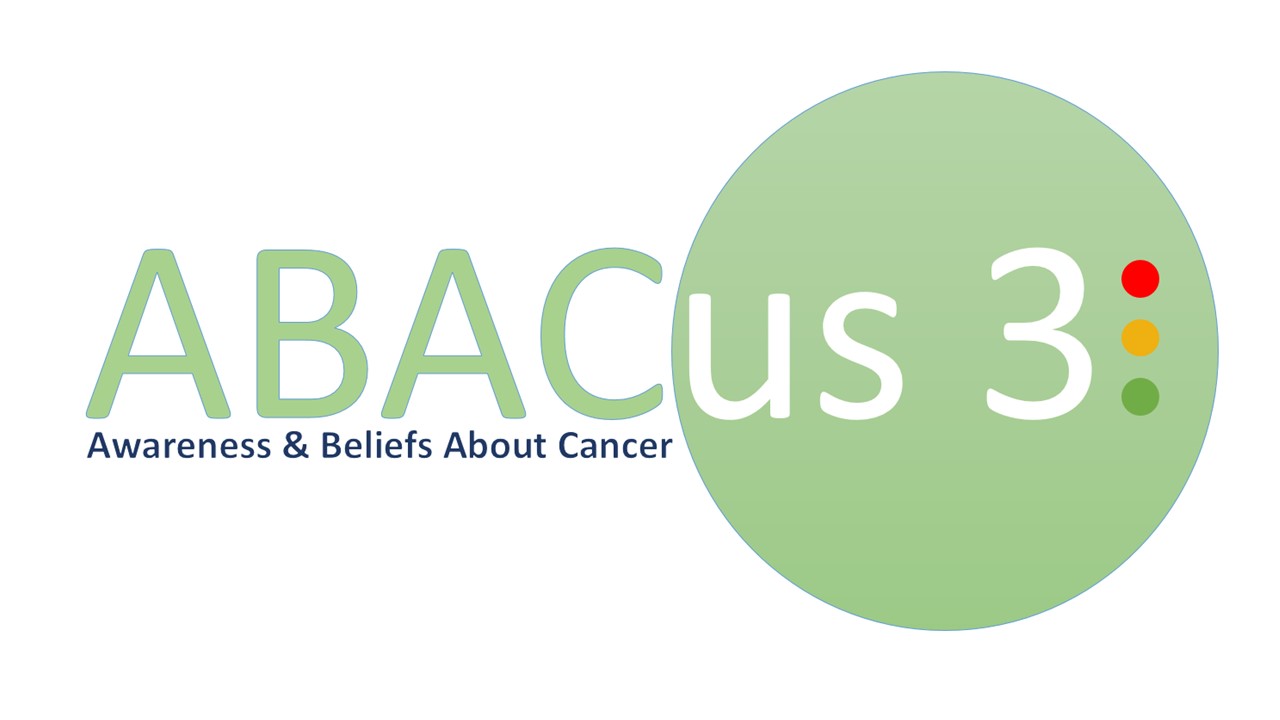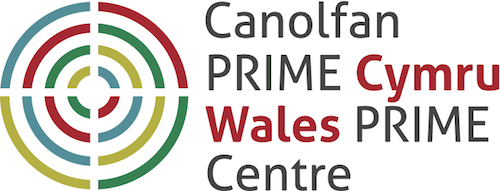 Trial recruitment, retention, and a little bit more!
Trial recruitment, retention, and a little bit more!
6 July 2019
We are firmly in the final year of the ABACus 3 trial funding and are pleased to report that recruitment is completed, follow-up is nearly finished and the task of analysis is underway. ABACus 3 is a randomised controlled trial of a health check intervention to improve cancer symptom awareness and help-seeking among people living in socioeconomically deprived communities across South Wales and Yorkshire.
With successful recruitment and retention rates (90% at two weeks, 87% at six months follow-up) interest in techniques we have used to sustain engagement with this hard to reach group has been high. We have previously reported on these figures at several conferences, most notably at the Cancer Research UK Early Diagnosis Conference (Birmingham, February 2019), which provides great discussion in the research community. We are also grateful to have been awarded a poster presentation at the International Clinical Trials Methodology Conference on this topic in Brighton (October 2019). We hope that the completion of this work will provide transferable knowledge and skills of how to recruit and retain participants from hard to reach groups, especially those from socio-economically deprived populations in the UK and further afield.
The ABACus 3 protocol paper has been published and the team have a number of upcoming presentations and posters on preliminary qualitative results from trial process evaluation interviews with participants (International Clinical Trials Methodology Conference, Brighton October 2019 and the National Cancer Research Institute Cancer Conference, Glasgow, November 2019). These results highlight participants’ experience of taking part in a trial, the impact of receiving tailored behaviour change advice, the effect of the wider societal views on cancer and awareness of national cancer campaigns. Kate Brain (ABACus Principle Investigator) has also been invited to speak in the National Cancer Research Institute Cancer Conference panel session on “Optimising symptom recognition”. ABACus will feature in Kate’s presentation as an example of a novel, community-based strategy for engaging people in cancer awareness and earlier symptom presentation.
As for the future, we have been successful in invitation to full application by Yorkshire Cancer Research for ABACus 4. If successful ABACus 4 will investigate implementation of the targeted intervention. For now it’s back to analysis, analysis, analysis!
Kate Brain & the ABACUs team

